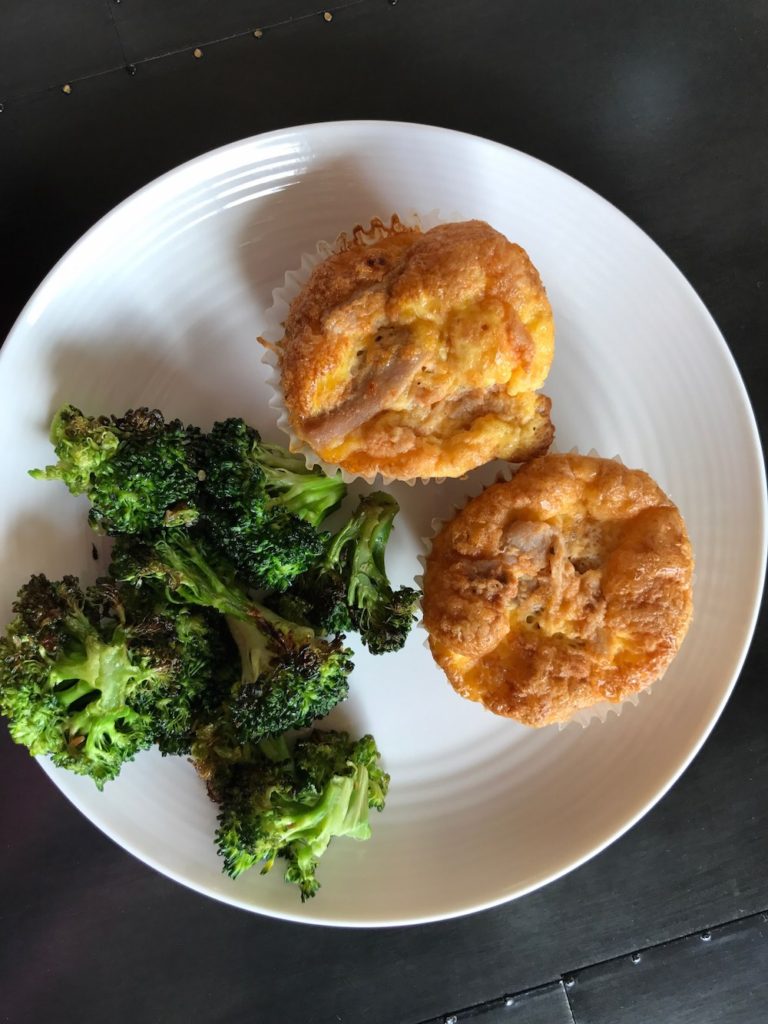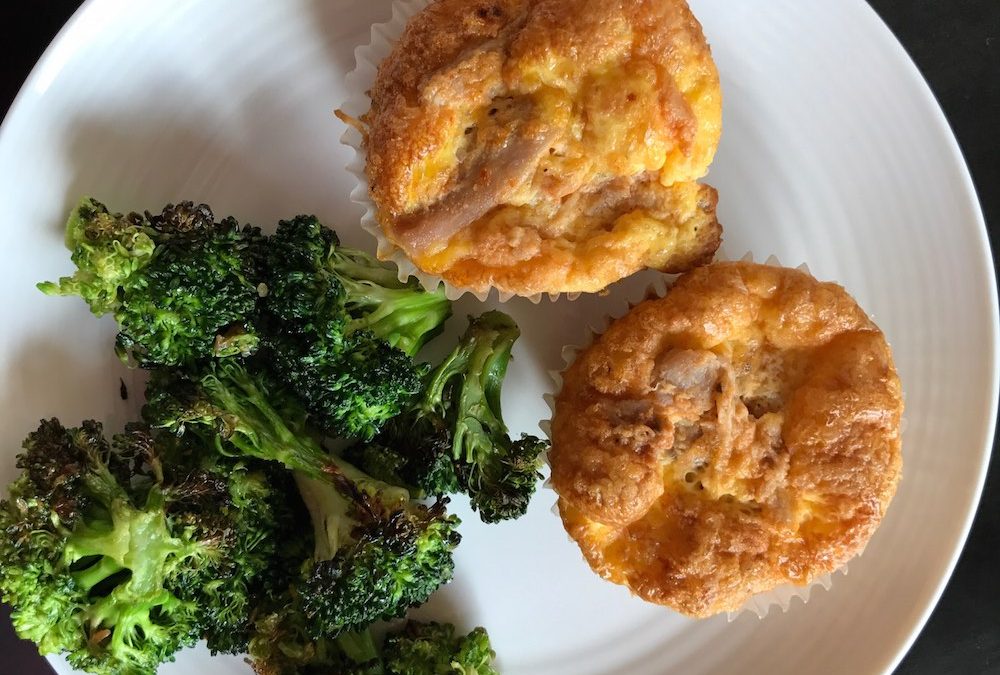Some thoughts and discussions from me.

I originally wrote this post for my Instagram, but honestly, I also wanted the information to be searchable.
I’ve refrained from posting about this subject because I was afraid I’d seem like I was “bashing” some of my peers principles and opinions.
But here’s the thing:
1) We can have differing viewpoints on a topic without it getting personal (duh. Obvs.) Just because others see a disagreement as an attack, doesn’t mean it is.
2) This needs to be said. Because it can have long lasting negative effects for a lot of women, and –
3) I get asked my opinion on IF a LOT. I also recently filmed a video on it for my Sculpted Strong community, so it’s been on my mind. ⠀⠀⠀⠀⠀⠀⠀⠀⠀ ⠀⠀⠀⠀⠀⠀⠀⠀⠀ ⠀⠀⠀⠀⠀⠀⠀⠀⠀
.
So, with that said, I believe *most* women should not be practicing intermittent fasting on a regular basis.
Here’s why.
Fasting is a stressor on the body, and when done regularly it can drive our cortisol levels up. This is all fine if this is one of the *only* stressors in your life. However, most of us wake up, take care of kiddos and/or get ready for a busy day, drive in traffic, — and that’s just in the the first two hours of the day.
⠀⠀⠀⠀⠀⠀⠀⠀⠀ ⠀⠀⠀⠀⠀⠀⠀⠀⠀ ⠀⠀⠀⠀⠀⠀⠀⠀⠀
A main goal of fasting is to burn fat for fuel, right? But, when cortisol rises, insulin needs to follow in order to bring it back down. So…even if you haven’t eaten a thing, you’re back to burning carbs and storing fat. ⠀⠀⠀⠀⠀⠀⠀⠀⠀ ⠀⠀⠀⠀⠀⠀⠀⠀⠀ ⠀⠀⠀⠀⠀⠀⠀⠀⠀
Now personally, IF sounds great to me because of the convenience factor. But, every single time I’ve tried IF, it’s thrown off my menstrual cycle. My period has been late, or skipped altogether. Every. single. time.
⠀⠀⠀⠀⠀⠀⠀⠀⠀ ⠀⠀⠀⠀⠀⠀⠀⠀⠀ ⠀⠀⠀⠀⠀⠀⠀⠀⠀
I’ve also noticed I have much more trouble sleeping at night. Why? Cortisol. (Even though cortisol isn’t the one to blame here – not eating is!)
⠀⠀⠀⠀⠀⠀⠀⠀⠀ ⠀⠀⠀⠀⠀⠀⠀⠀⠀ ⠀⠀⠀⠀⠀⠀⠀⠀⠀
Because of this, I’ve been researching the topic for years, and research on IF shows the same thing. ⠀⠀⠀⠀⠀⠀⠀⠀⠀ ⠀⠀⠀⠀⠀⠀⠀⠀⠀ ⠀⠀⠀⠀⠀⠀⠀⠀⠀
A recent study I read showed that rats who were fed an intermittent fasting diet stopped menstruating after only two weeks. Their ovaries also shrunk and they developed insomnia.
Now if you’re still wanting to IF, my suggestion would be to either only practice it on the weekends, when stress is lower. Or, during the first part of your cycle cycle — when we are more sensitive to insulin.
Again, this is NOT my bashing those who promote IF. This is very much a YMMV type of situation, and some don’t experience negative consequences for years — but some, only after a couple weeks. And I’m sure there are women who can practice IF without consequence. These are generally people with very low stress levels — or who deal with stress exceptionally well.
So, if anything, before you jump into a plan that promotes IF, know how your body responds to stress, and pay attention to what happens to your cycle, hunger signals, and sleep.


First off I want to say fantastic blog! I had a quick question that I’d like to ask if
you do not mind. I was interested to know how you center yourself
and clear your thoughts before writing. I
have had trouble clearing my thoughts in getting my thoughts out.
I do enjoy writing but it just seems like the first 10 to 15 minutes are wasted just trying to figure out how to begin. Any suggestions
or tips? Thank you! http://parkbev.net/user/profile/53802
Rapid Results Ketones recently posted…Rapid Results Ketones